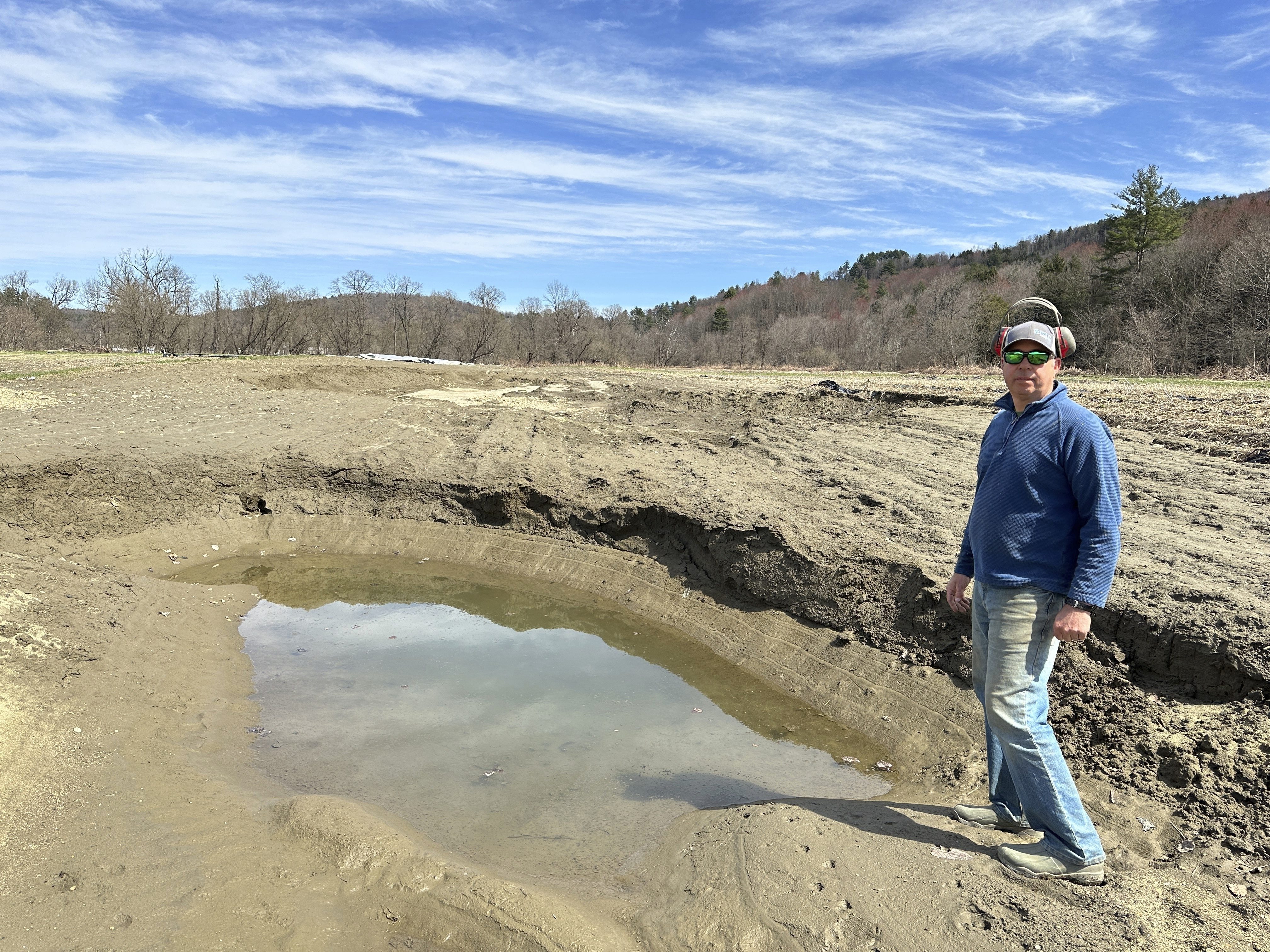Vermont may have a sterling reputation as a top destination for beer-lovers, but at times, the process of making it has left a bad taste in the mouths of environmental advocates.
“All across Vermont, we were seeing wastewater compliance issues,” said Catherine Coteus, who leads the Vermont Green Business Program under the state’s Department of Environmental Conservation.
Coteus noted that breweries create a great deal of wastewater, full of yeasts and hops that can upset the biological balance inside municipal water treatment plants.
In cases of accidental discharges from those plants, nutrients in brewers’ untreated wastewater can feed potentially toxic blue-green algae blooms.
The connection between Vermont’s famous craft beer industry and its goals for clean water came into focus for the public earlier this summer on Lake Champlain, after an alarming pollution problem.
In June, the city dumped into the lake 1.8 million gallons of only partially-treated stormwater and wastewater, including from bathrooms, briefly closing nearby beaches for higher-than-allowable bacteria levels.
The Burlington Department of Public Works blamed the failure of the treatment plant on a combo of intense rain and large discharges from food and drink producers into the system.
Vermont
The latest news from around the state
The DPW told necn in June that it’s now working with those companies to find better ways to manage their flows, especially at times of stress for the wastewater treatment facilities.
“Bringing tourists here for beer—this thriving economy we have for production of beer—we want to make sure that can continue to grow without adverse environmental impacts,” Coteus said Wednesday.
“I think all breweries are trying to do the right thing,” said Jen Kimmich, the co-owner of The Alchemist in Stowe, which makes Heady Topper, a popular double IPA. “I think the challenges are finding access to financing.”
The Vermont Department of Environmental Conservation praised The Alchemist for diverting much of its organic waste to farms, compost facilities, and to a center that digests it to make electricity.
The Alchemist also has its own on-site wastewater treatment room to remove nutrients before they can even flow to Stowe’s water handling plant.
“It takes a lot of all the businesses who are putting a lot of effluent down the drain to work with your municipality and figure out what you need to do so you don’t overwhelm them and then they don’t end up doing a discharge to the waterways,” said Steve Miller, The Alchemist’s director of wastewater management.
Kimmich said some of the steps her business took to work toward a light environmental footprint were easy—namely the diversion of organic waste to composters. Others, such as the installation of the on-site wastewater handling facility, were rather expensive, she acknowledged.
However, Kimmich called the hard work well worth it for a company that depends on clean water as its critical ingredient, in a state that relies on pristine lakes and rivers for its tourism sector.
“Without clean water, we can’t have real economic progress in Vermont,” Kimmich told necn.
Coteus said the DEC’s Green Business Program plans to work even more closely with breweries in months and years ahead to help them continually improve wastewater practices.



